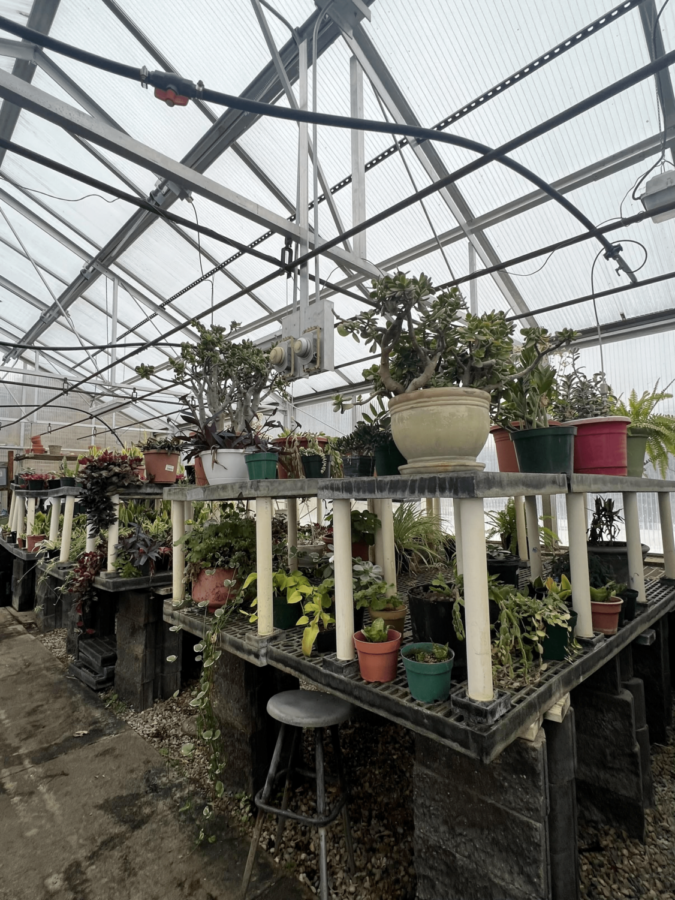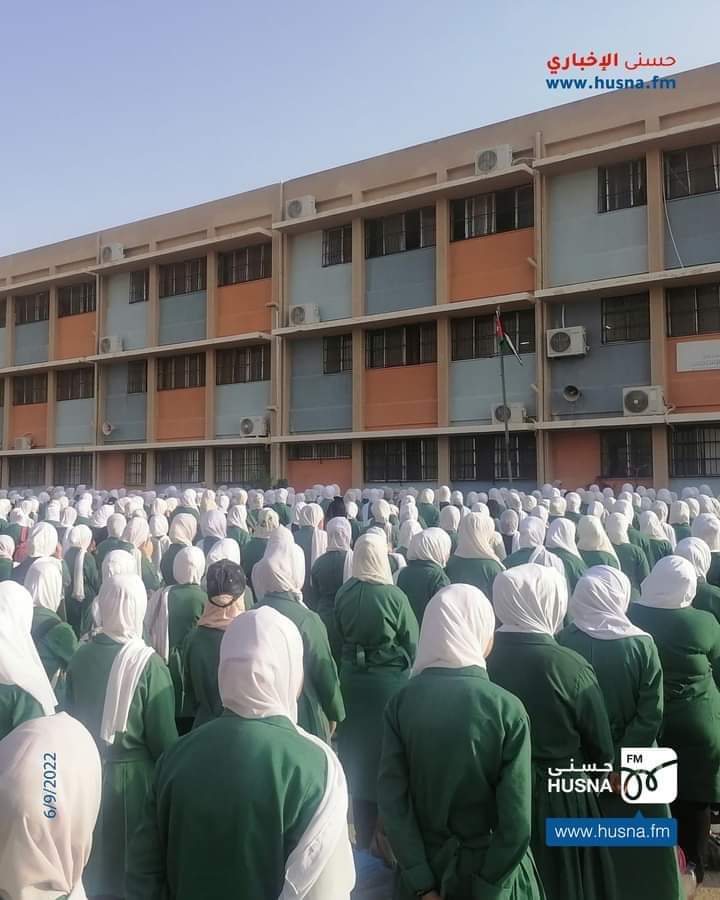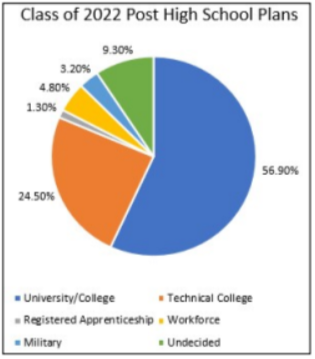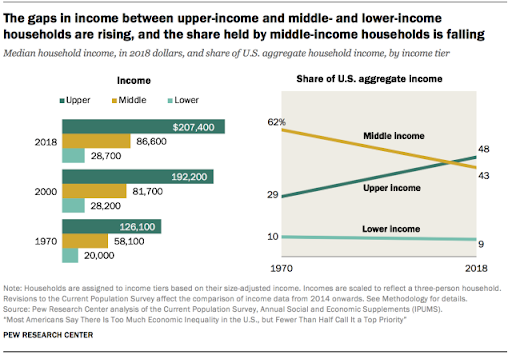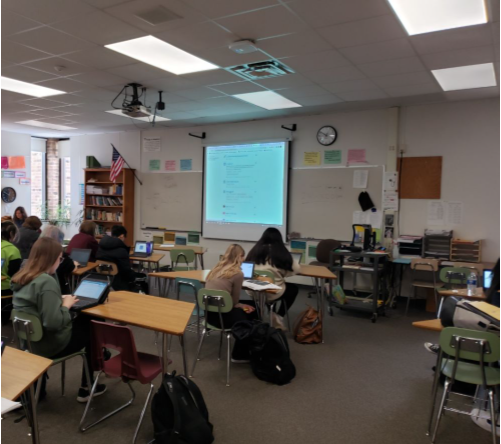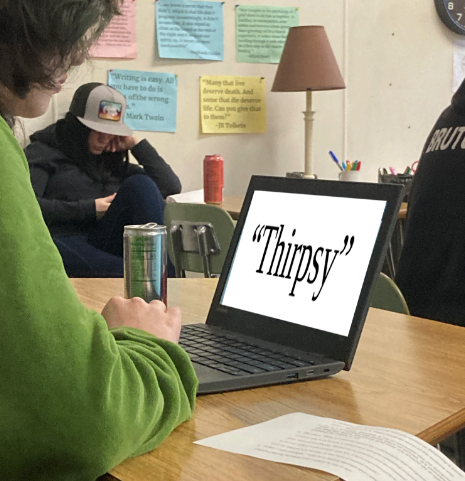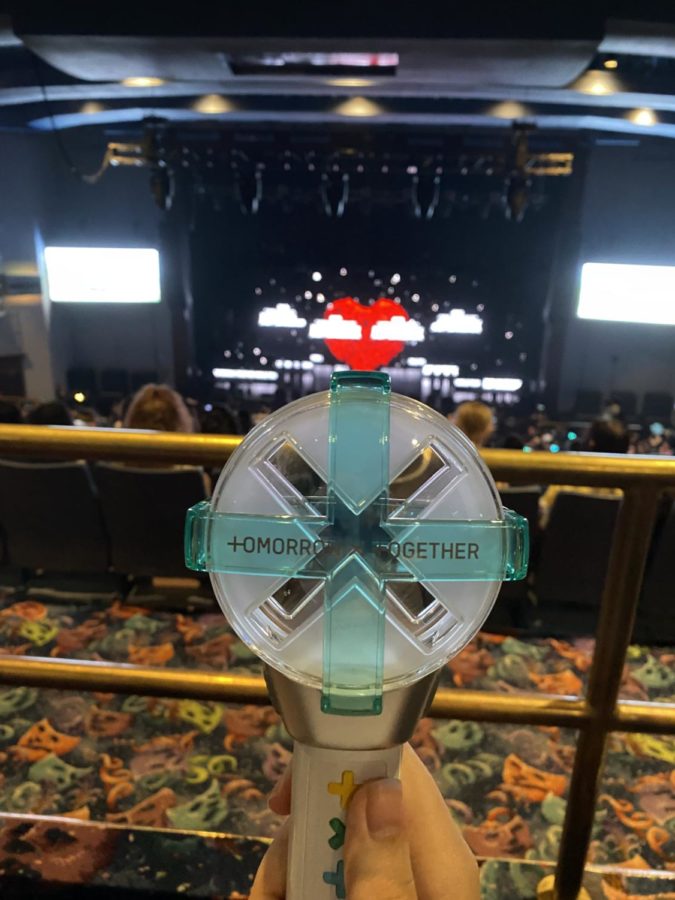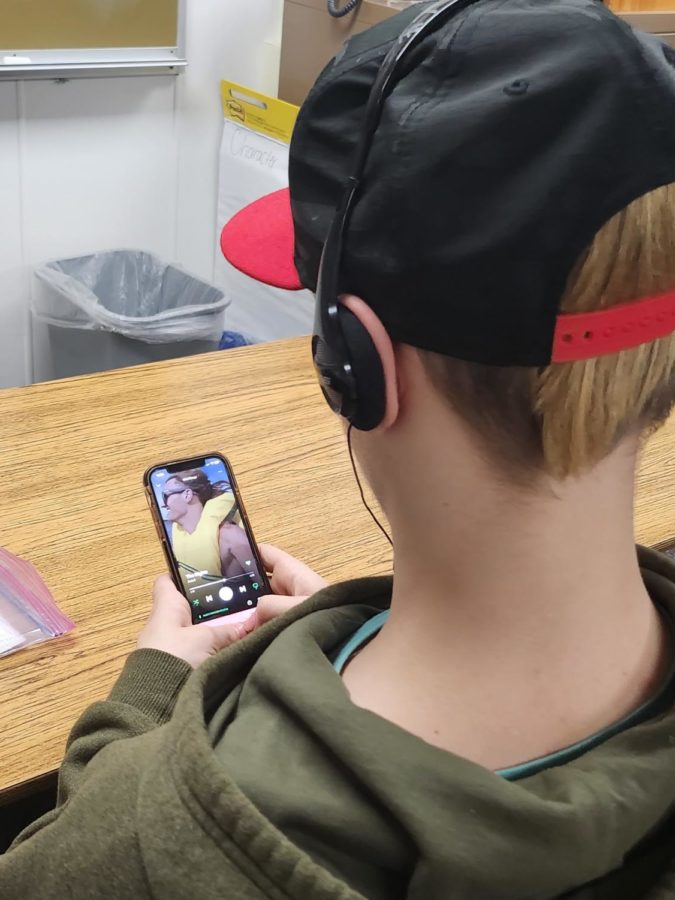What happens when technology fails?
January 11, 2018
By KAITLYN HERMAN
The Mirror reporter
Our phones and laptops are things we use every day and we are all guilty of being pretty reliant on. In school, these devices are a fundamental part of a student’s education but can be difficult without them.
In an English class, the internet is used almost daily either for writing a paper, using forums such as Google Docs, or for research. Many students rely on the internet to help fuel their education. Kari Witt, Advanced Composition I teacher at Stevens Point Area Senior High said that not having internet or access to devices “would primarily affect Advance Composition I, because so much of that class is researched based. They are required to use sources that aren’t online but the majority of them use the internet for most of their resources, databases and websites.”
The internet and web databases accessed online play a key role in a student’s education. Without the internet in the 21st century, it is hard to fuel our education that much further. “I just think that there would be a lack of information if they weren’t able to use that [the internet], which would make writing their papers more difficult,” said Witt.
In history classes, a majority of the knowledge students learn comes right from textbooks but with more, information, textbooks are in fact now online. Elizabeth Anderson, Social Diversity teacher said, “Anything I share with the students they are going to access on Schoology” which is a learning system for schools allows for students to manage, and share resources. Any textbook readings, papers, and assignments placed on this site can be accessed at will. “I like to use videos in class,” Anderson said, “I don’t download those because they would take up too much space, and I have so many files that I store everything on Google” she added.
When asked what she would do without internet for a day it is clear that this would be an issue, but not one that she couldn’t handle. Anderson said “I would try and make a copy of something if I could, but if the copier is down at that point I have students put something up on the visualizer and say ‘ok copy this down into your notebooks this is what we’re doing today’ or I would just try and find something else that I could plug in. It’s definitely something that having been a teacher for over 16 years that ‘ok give me a minute kids and we’ll figure something out’ versus if you’re brand new it’s a little bit more difficult.”
Many teachers rely on the internet for everything like attendance, gradebook and contacting students. Now many students access their textbooks online. But when servers are down, many students are left clueless as to what to do. It seems that many of us are so dependent on the internet, teachers included. Anderson said that this plays a big role in her teaching “cause you plan on always having access to the things that you had there [internet].”
Many teachers try to break this cycle by forcing students not to use their devices for research or for homework, helping them understand that not everything has to come from Google. The internet is a great tool that helps in the education and growth of students but it can also be a tool that can be easily used and abused if students take it for granted and underestimate how much they need it.






